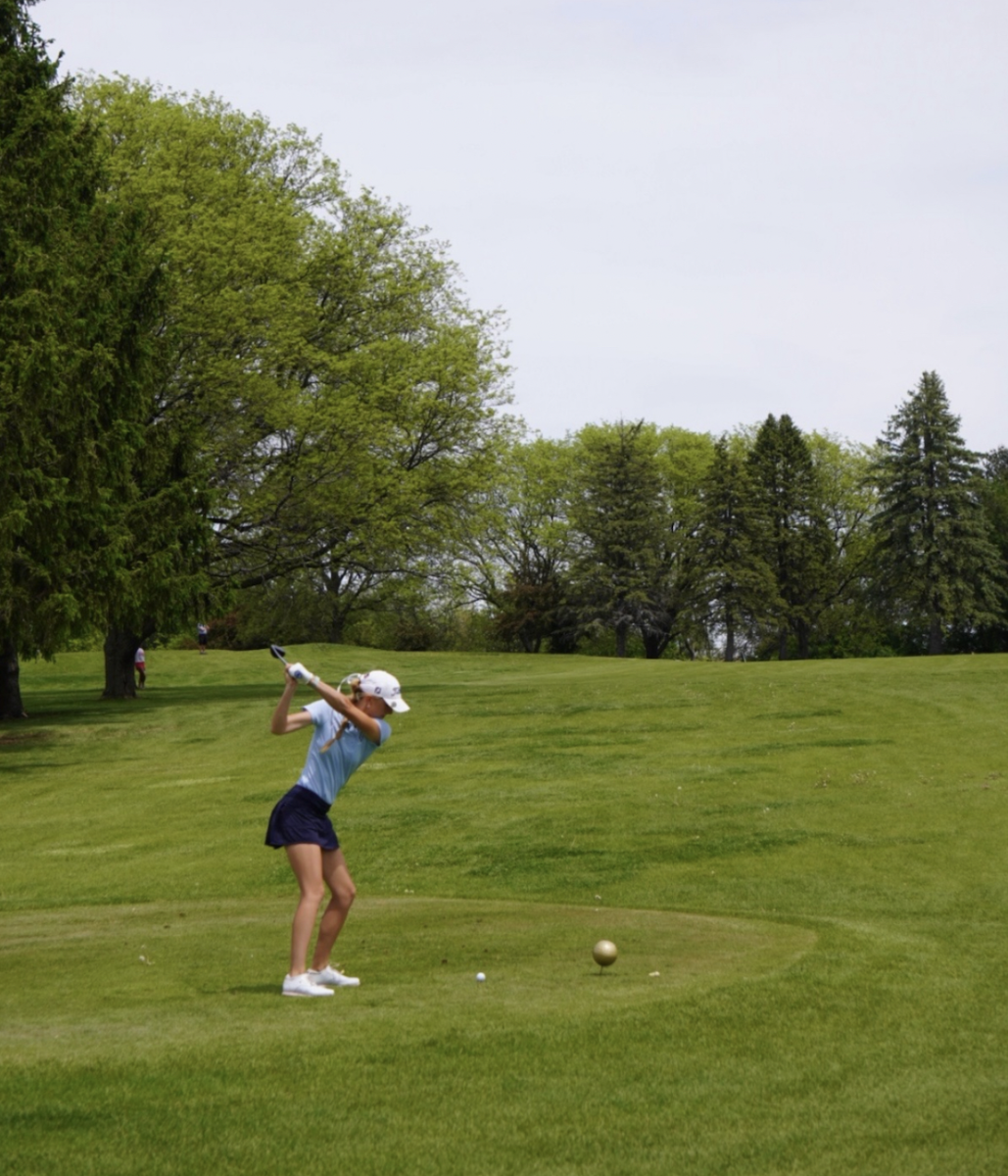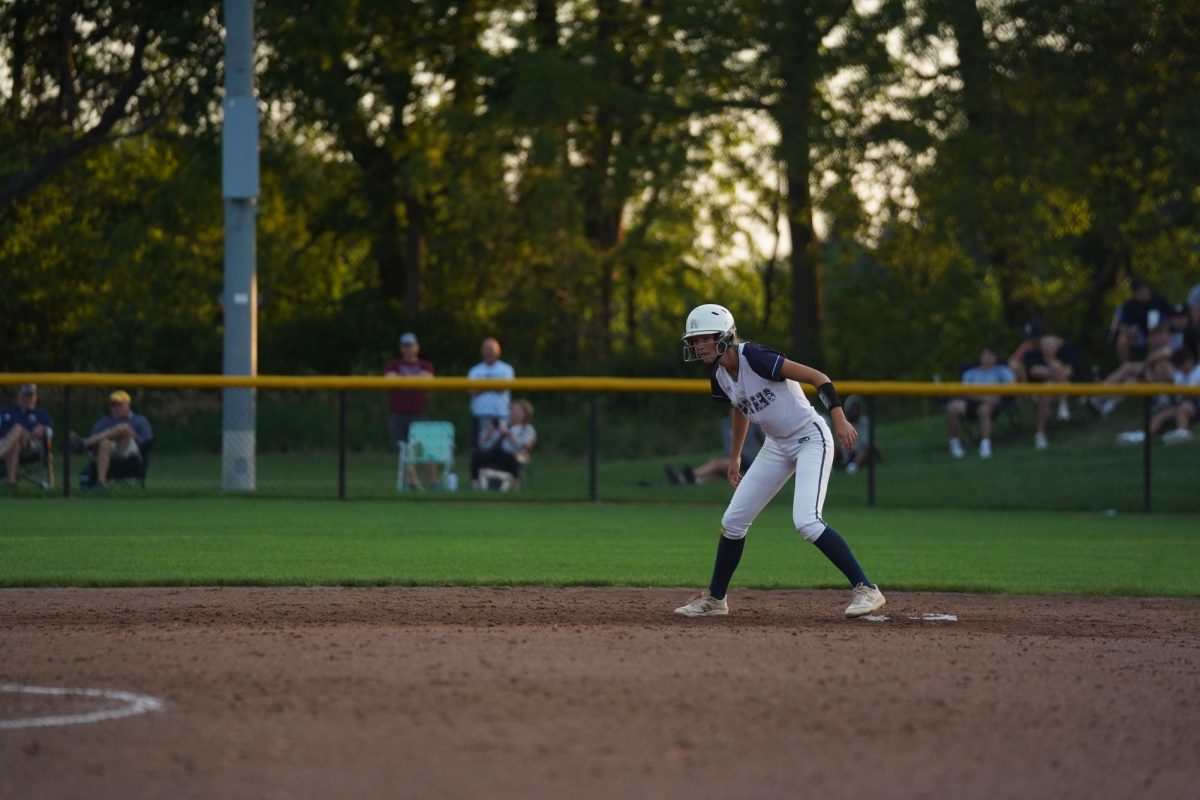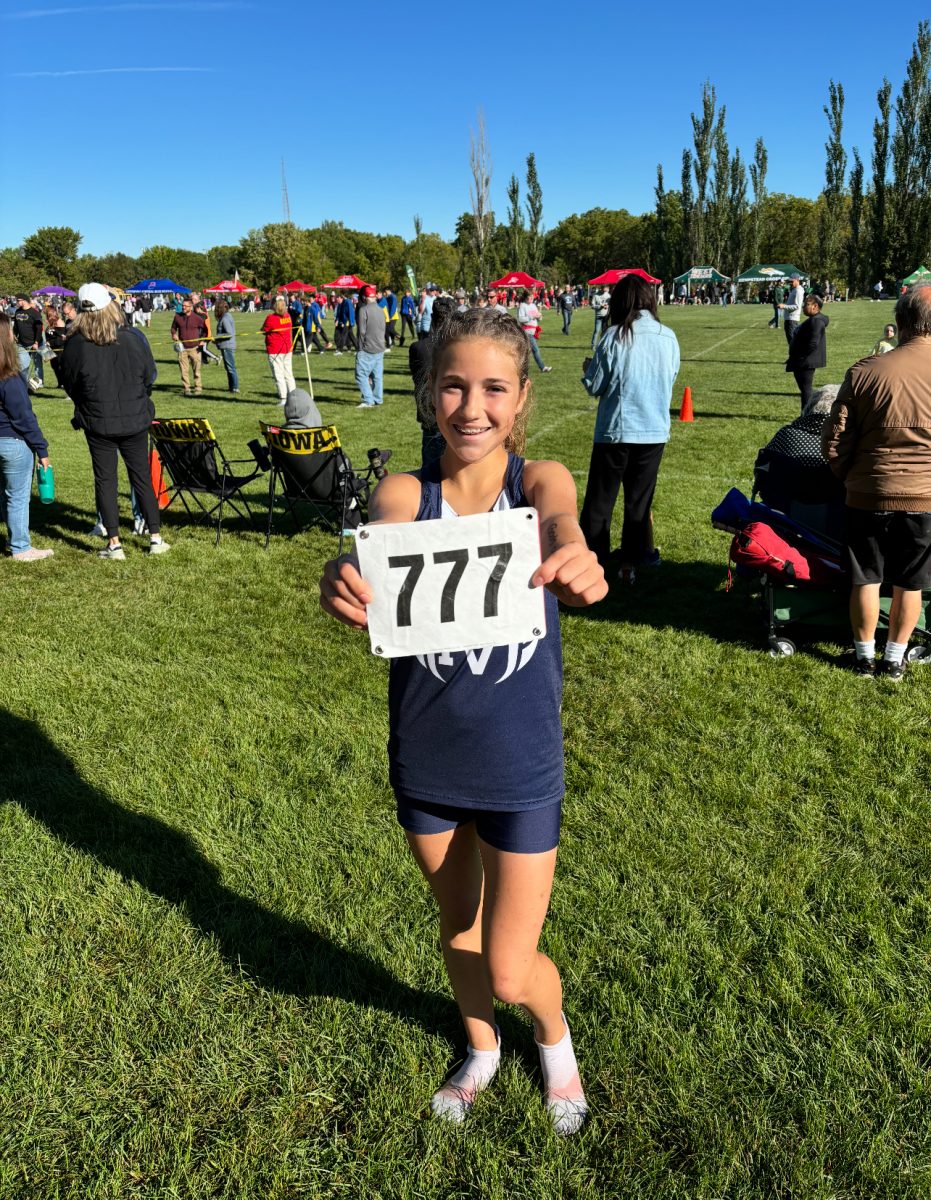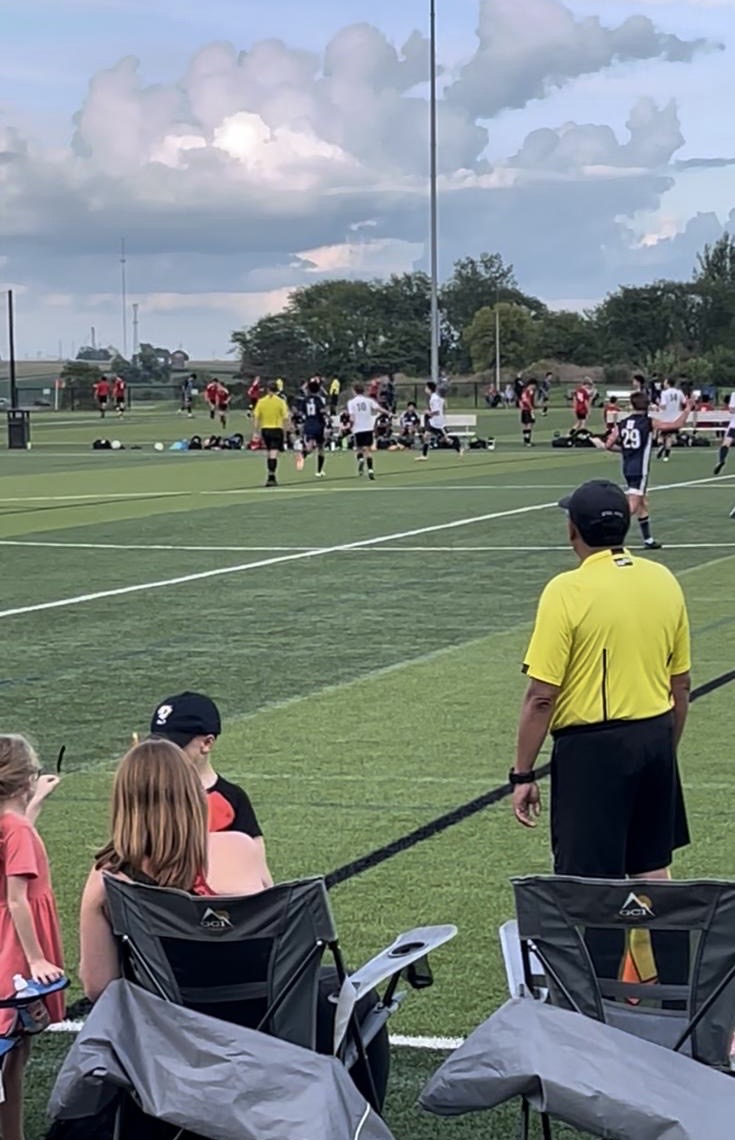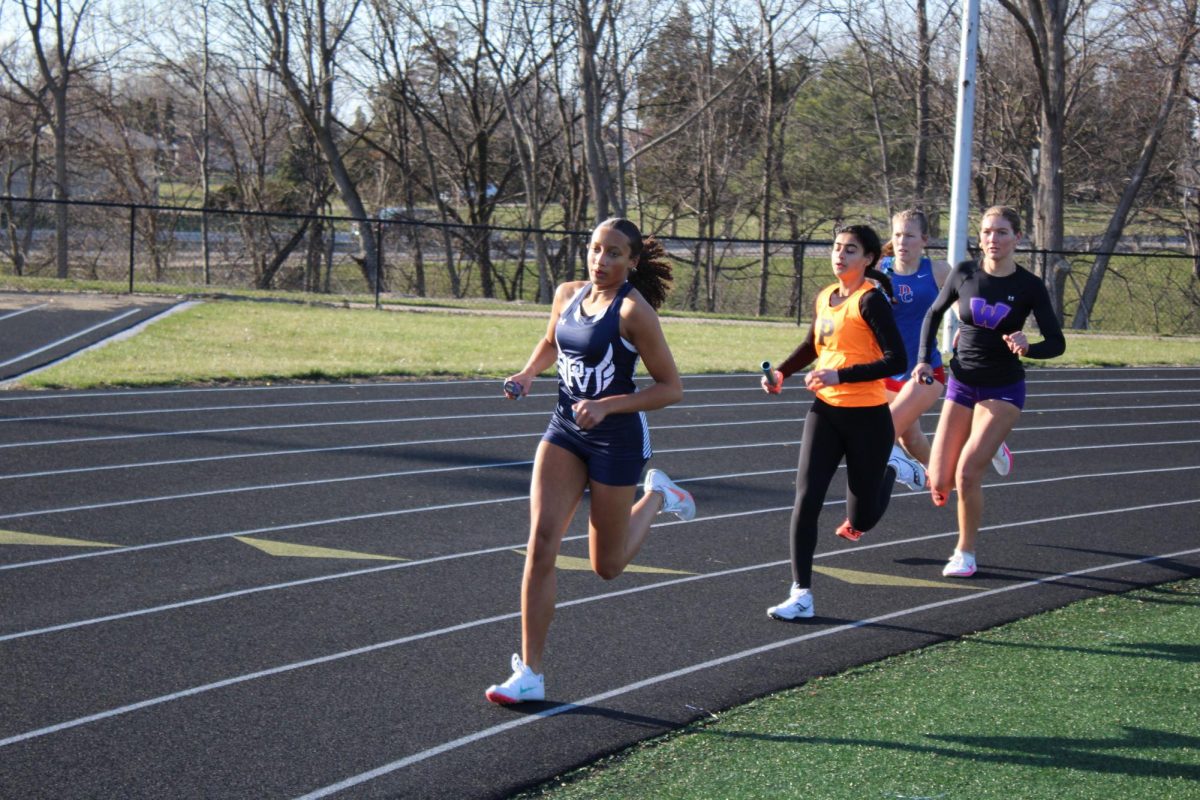Win or lose, high school athletes are prone to the scrutiny of their opponents, coaches, teammates and most importantly, themselves.
Fueling this is the effects of media and rankings. Through running apps and weekly state ranking updates, high school cross country athletes face the constant, cruel dissection of their performances. While only teenagers, they face the stress and mental consequences of comparison.
The IATC (Iowa Association of Track Coaches) ranks the Iowa cross-country runners each week for the team and individual standings. Winning is often considered first place or best time; thus, it is impossible to be held with the standards of effort and determination. Because of this, many runners struggle with their motivation and mindset, as they easily become discouraged. One ‘bad’ performance could place them lower in the rankings, yet one ‘good’ performance could shoot them to the top of the list.
Girls’ PV head cross country coach Jane Wheeler described her feelings about rankings and how they might affect athletes’ mindsets and encouragement. “I’m not a huge fan of the individual rankings because there are many girls who have the same ability, so it’s difficult to determine where they should be placed,” she stated. “Some athletes that I’ve coached look at it as a pressure, while others see it as encouragement. So, it’s mostly individual as to how athletes respond to it.” As much as rankings may be exhilarating, in the same way they may be dispiriting.
The effect of classifying runners can be either detrimental or encouraging for the rest of their season. While some are inspired by the rankings to flourish and become better athletes, others are demoralized. They identify their low ranking with a strength they lack. Some even pose the question everyone is afraid to ask: What is wrong with me?
Current sophomore at PVHS, Grace Boleyn, is an outstanding runner who encompasses vigor and grit. She is currently ranked fourth in the class of 4A. However, her opinion on rankings may differ from other girls in the state. “My opinion is that the rankings and media can be exciting but they also create a lot of anxiety around expectations that people have for themselves,” she explained. “They are also not really good because they are almost never perfectly accurate.” Hence, rankings may hold a cloud of pressure and anxiety above one’s head.
Along with the rankings, many cross-country runners use running apps. A popular one being Strava.
One can upload their runs, either manually or automatically, as well as follow other runners and view their activities. While it may be helpful, the app serves as a means to compare. Runners base the quality of their workouts on how others perform and what they accomplish. With just a swipe of the finger, it is easy to get lost in the stream.
Using Strava, alongside other running apps, can often be more discouraging than enlightening, as Coach Wheeler explained. “Unfortunately, at the high school level there is more determinant than positive effects because Strava can turn into comparison,” she said. “It’s easy to compare your training to another individual’s, so it’s smart to understand that you don’t get any awards for your training; you get awards for your performances.” Some runners have begun to race their competition in workouts rather than races, due to the comparisons on the app.
The insecurities of high school runners are shown through their need to constantly outdo their competition, rather than training for their individual needs. It is a problem that has steadily been growing each year, as rankings and social media are becoming more prominent and accessible with technology.
While the media and rankings may affect athletes’ mindsets, they need to obtain a proper balance to eliminate the buzz of outside perspectives. To succeed in not only cross country, but all sports, an individual must be strong enough to keep their passion and love for their sport.



